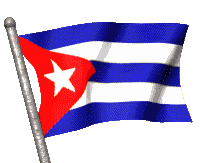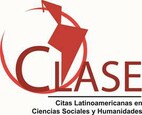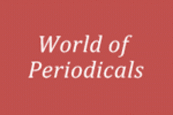Decision-making during the COVID 19 pandemic from the prospective theory model in a sample of Colombians.
Abstract
Prospective theory has been a framework for understanding human decision making in different contexts. This research describes the risk preferences of a group of Colombians during the COVID 19 pandemic based on the postulates of prospective theory. Anonymous participants were assessed for risk preferences using an online survey. It was found that contrary to prospective theory, risk preferences are distributed in a comparable way in search engines and aversives. Differences were found between men and women that showed that women are not only more averse than men, but that their risk preferences are modified in conditions of loss compared to situations of gain.





































1.png)







1.png)







